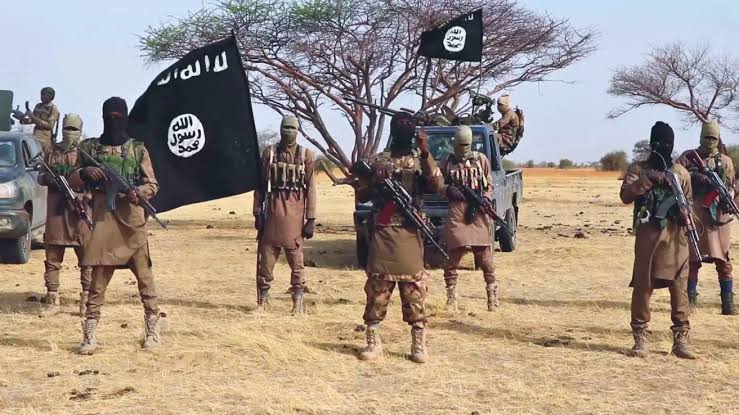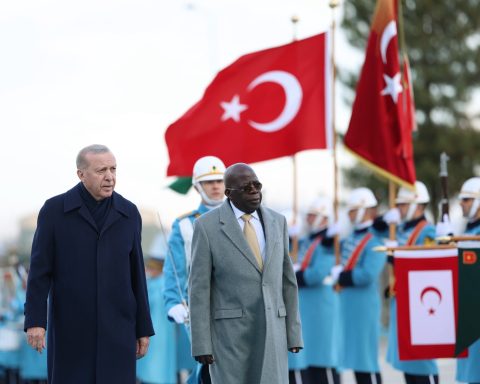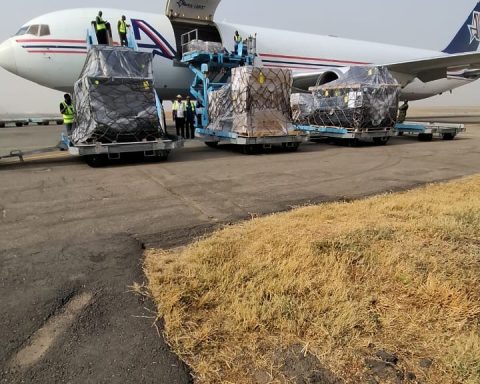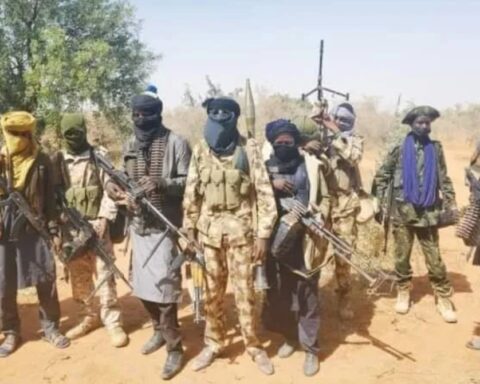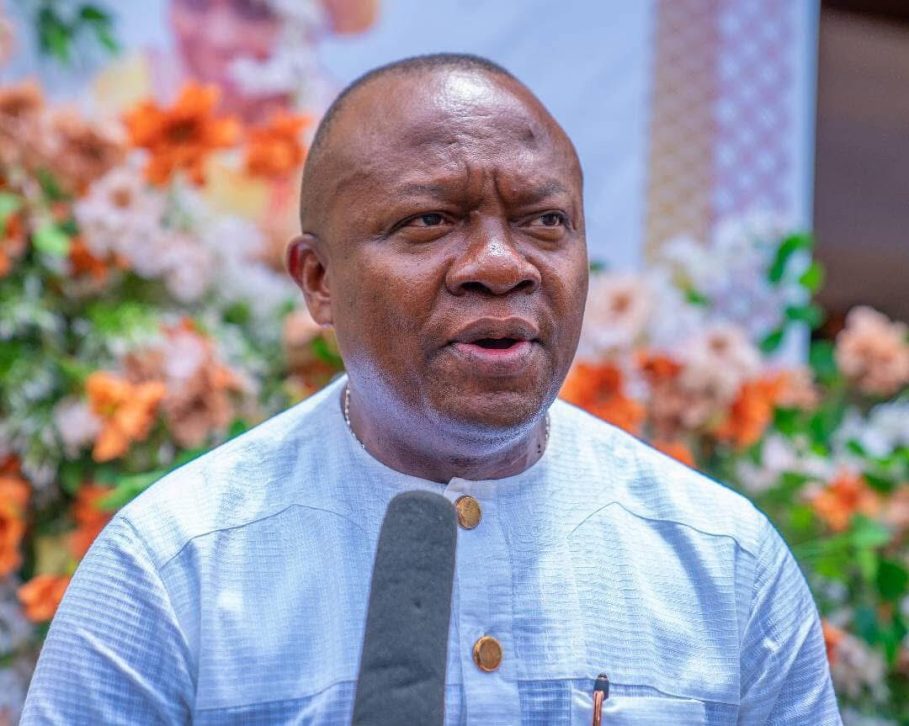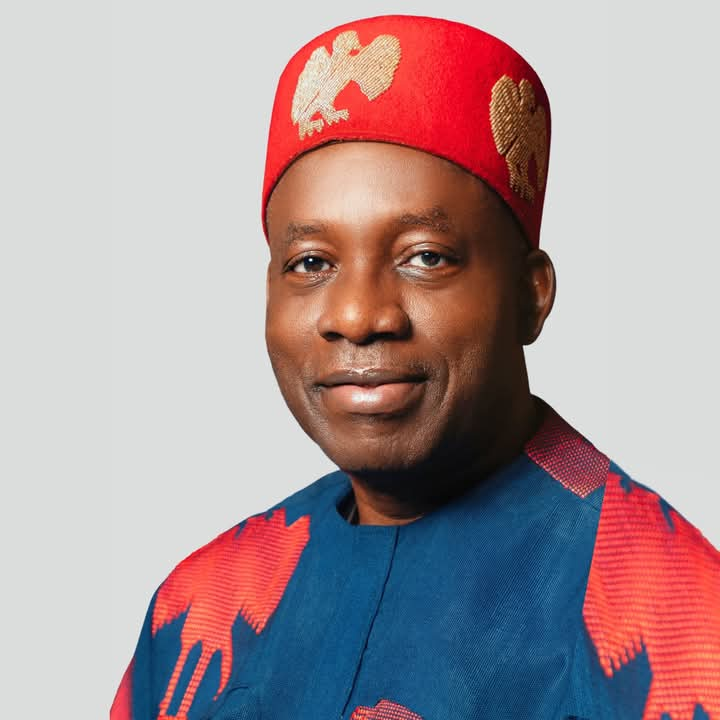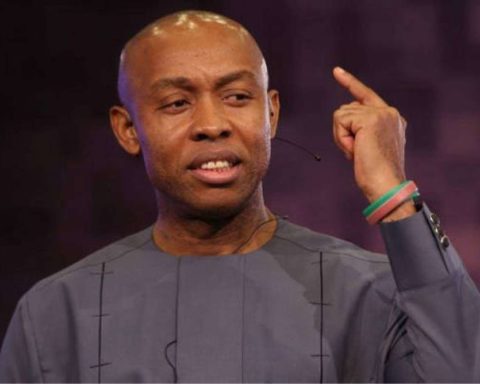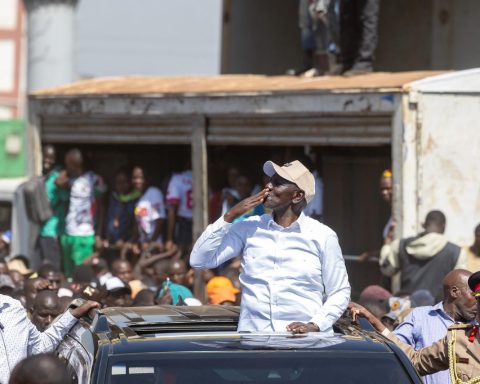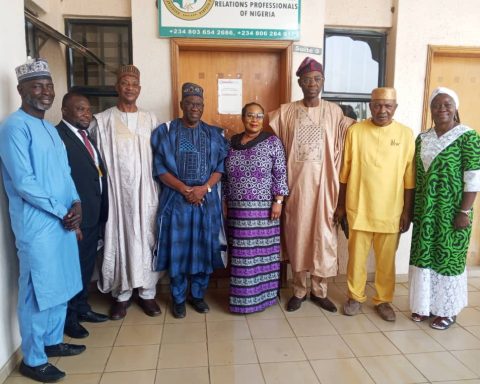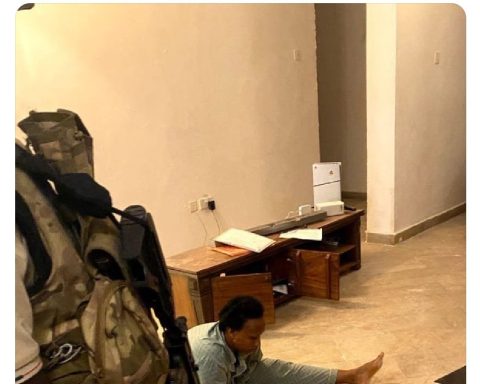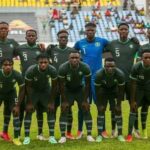Boko Haram fighters have reportedly killed more than 170 Islamic State West Africa Province (ISWAP) militants in a series of coordinated assaults across the Lake Chad islands, marking a significant escalation in the ongoing factional war between the two insurgent groups.
According to sources, the clashes occurred across strategic locations including Sahel 1 (within the border areas of Chad and Niger Republic), Dogon Chuku (a settlement near the Niger-Chad border), Mangari (in Abadam Local Government Area of Borno State, Nigeria), and the riverine basins of Tumbun Gini, Tumbun Dalo, Tumbun Shanu, Mangari, and Dumba all located within the Lake Chad basin, a transnational region shared by Nigeria, Chad, Niger, and Cameroon.
Field reports indicate that Boko Haram appears to be gaining ground, overrunning several ISWAP positions and inflicting heavy casualties. Boko Haram commanders Hassan Buduma and Mohd Hassan were said to have led the assaults, deploying multiple motorised watercraft fitted with heavy weapons.
Join our WhatsApp ChannelREAD ALSO: Over 50 Boko Haram, ISWAP Fighters Reportedly Dead in Lake Chad Clash
Troops of Operation Hadin Kai Repel Boko Haram, ISWAP Attacks in Borno, Adamawa
The group reportedly advanced from Tumbun Gini through upper river channels, striking ISWAP-held camps in what sources described as “an amphibious attack in insurgent style.”
So far, the factional fighting has resulted in more than 170 ISWAP militants killed compared to four deaths on the Boko Haram side. Seven ISWAP boats were seized in the clashes, while three others reportedly escaped with casualties. Several weapons were also captured.
Additional visual evidence from the battlefield is expected to emerge as documentation teams continue to monitor the situation.
The intensified offensive underscores the shifting dynamics of the insurgency within the Lake Chad basin, where both groups have been locked in a prolonged struggle for control.
Security sources warn that sustained losses on the ISWAP side could push surviving fighters toward mainland communities in northern Borno, posing new risks for civilians.
The Nigerian military has not issued an official reaction to the latest developments.
Amanze Chinonye is a Staff Correspondent at Prime Business Africa, a rising star in the literary world, weaving captivating stories that transport readers to the vibrant landscapes of Nigeria and the rest of Africa. With a unique voice that blends with the newspaper's tradition and style, Chinonye's writing is a masterful exploration of the human condition, delving into themes of identity, culture, and social justice. Through her words, Chinonye paints vivid portraits of everyday African life, from the bustling markets of Nigeria's Lagos to the quiet villages of South Africa's countryside . With a keen eye for detail and a deep understanding of the complexities of Nigerian society, Chinonye's writing is both a testament to the country's rich cultural heritage and a powerful call to action for a brighter future. As a writer, Chinonye is a true storyteller, using her dexterity to educate, inspire, and uplift readers around the world.


